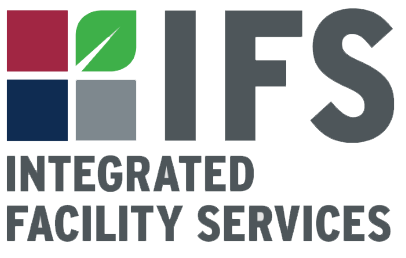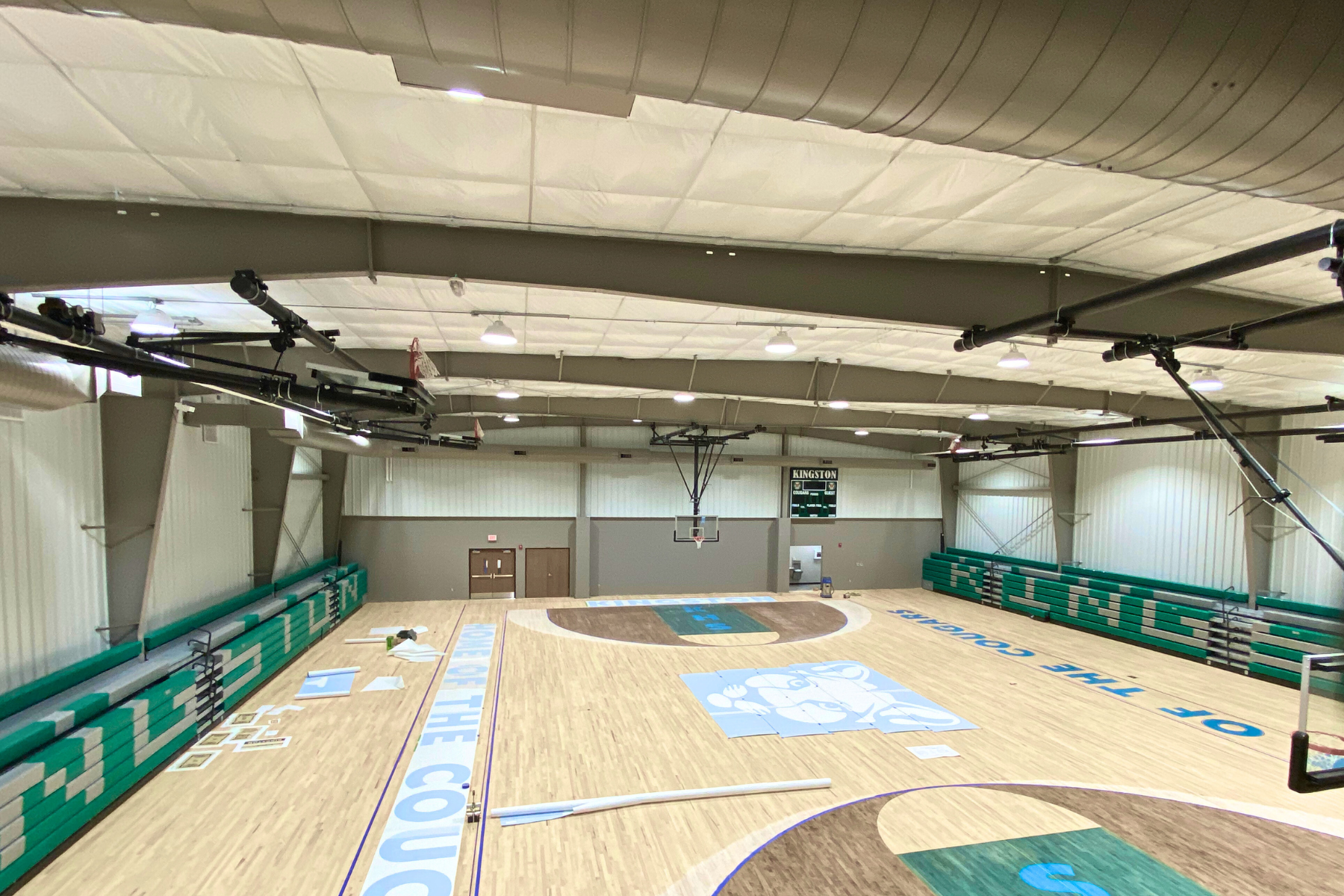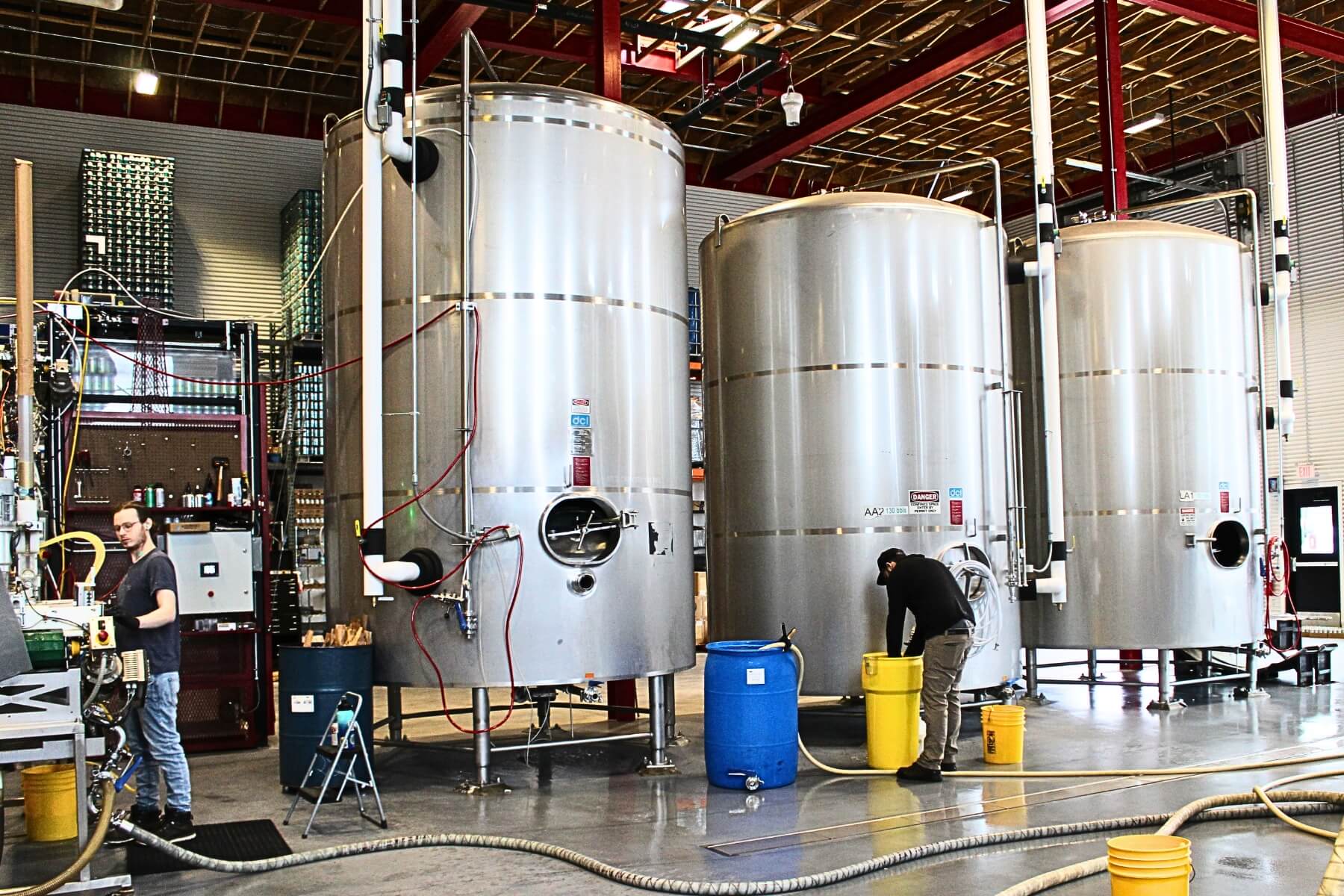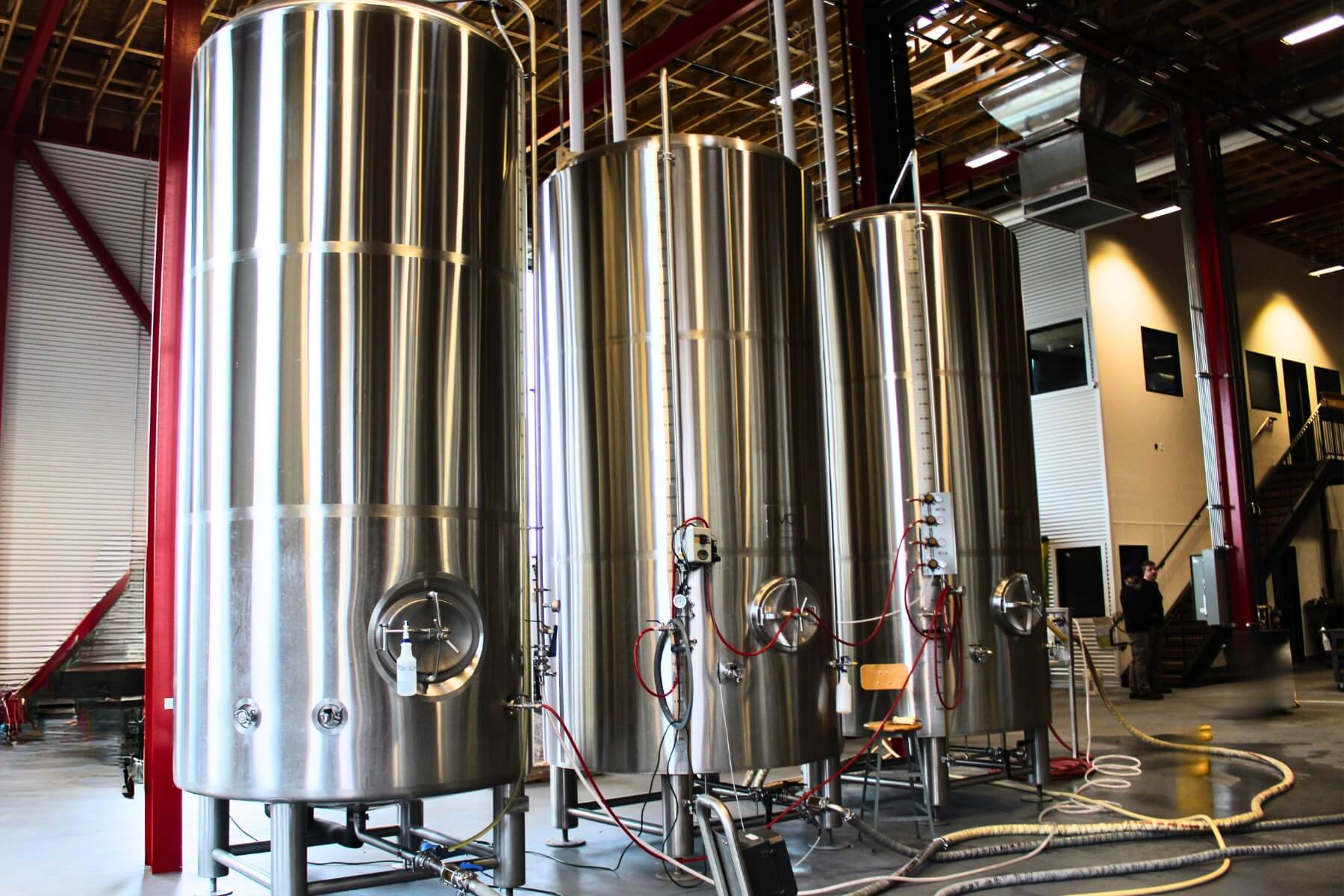What does the Clean Air Act and Clean Air Month have to do with you? Well if you are old enough to remember smog in major cities in the 60’s and 70’s then you know there has been a change in our environment, both good and bad.
For those few who were alive in the 1930’s the burning of coal for heating was very prevalent… this resulted in terrible smog situations where streetlights needed to be activated on clear winter days. So the first Clean Air Legislation had to do with coal burning equipment and clean coal on a local basis, the first Federal Clean Air Act was passed in 1963 and it has been revised numerous times.
Your effect on clean air by your automotive use, how you heat and cool your home or office. Do you barbeque, burn trash, etc. ? All of these have some effect on the cleanliness of the air we rely on daily to breathe.
Since this is being written by an HVAC guy we will focus on our residential systems. Various studies have shown that residential heating and cooling consumes about 20% of total energy used and residential lighting is close behind.
There are generally two types of energy used for most heating/ cooling systems these are fossil fuel or electric systems. Within the heating mode you will generally use electricity even if your system is fossil fuel to run pumps or fans. You may ask why does this matter. Well if you are using a solid fuel, the “dirtiest” system for the atmosphere. Fossil fuel burning is in the middle and electricity at your home is very clean but the power plant did create emissions to generate the electricity.
Hybrid systems using solar collectors or ground source heat pumps are the friendliest to the environment, but they also rely on refrigerants in the heating cycle. We will cover refrigerants later.
When heating you will almost always be releasing carbons and nitrous oxides as well as traces of heavy metals to the atmosphere. In our estimation the friendliest systems are, in order from best to worst:
- Hybrids with electric heat backup
- Electric Heat
- Fossil Fuels (natural gas burns cleaner than fuel oil)
- Solid Fuels (.Coal and Wood)
With that proclamation understand that most homes also have some type of air conditioning and these are primarily refrigerant based systems. This part of the industry is getting turned on its head as certain types of refrigerants are being banned from manufacturer. Refrigerants mess with the ozone layer that protects our environment and thus our near earth atmosphere.
If you have a cooling system over ten (10) years old it is likely it contains one of the banned or restricted refrigerants. As time goes on it will become increasingly difficult and costly to get these refrigerants. While you might be able to convert to “newer” and less ozone depleting refrigerant this will normally not be a financially positive investment.
Replacement of an “older” system will get you newer refrigerants, better cooling efficiency, and if you change out your furnace at the same time better heating efficiencies as well. The initial cost may seem high but you will be mitigating increasing utility rates and saving the environment from excessive carbon and nitrous oxide emissions as well as less ozone depletion. All shows your awareness of Clear Air Week.










